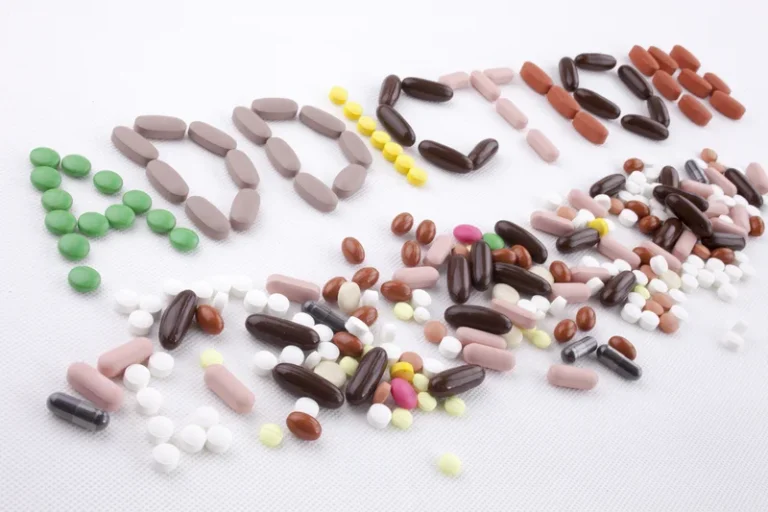Sober living
The Science of the Sauce: What Happens to Your Brain When You Drink Alcohol?
NỘI DUNG TRANG
But it’s better to let the doctors do their job and diagnose if you have auto brewery syndrome. To detect this syndrome, your doctor will probably do a stool test to determine if you have too much yeast in your gut. Another test that your doctor might do is the glucose challenge. This syndrome is usually a complication of another disease, imbalance, or infection in the body. The good news is you can’t be born with this syndrome, but you may be born with or get another condition that triggers this rare syndrome.
Stages of being drunk
Signs of an impending seizure include tremors, increased blood pressure, overactive reflexes, and high temperature and pulse. Having a history of seizures increases your risk for withdrawal seizures. The symptoms of alcohol withdrawal relate proportionately to the level of alcohol intake and the duration of the person’s recent drinking habit. When it comes to drinking, there’s a big difference between feeling tipsy and having symptoms of alcohol intolerance. The former is when you get a little loosey-goosey at the bar; the latter is more like you feel sick after sipping on a glass of wine while relaxing at home.
Your tolerance
A lot must be going through your head, including if any such syndrome actually exists, but it does. Sadly no extensive research has been done on this syndrome yet because it’s pretty rare, and there only have been a few cases. Some evidence suggests the syndrome can affect vitamin B6, zinc, and magnesium levels. You should also reduce carbohydrate and sugar consumption after treatment. In one study, people with the syndrome reported bad breath, bowel changes, and diarrhea.
Getting Help for Alcohol Withdrawal
Sure, when inebriated, they’re capable of out-extroverting most extroverts. But their “genuine” show of wild drunken emotional abandonment remains contrary to their day-to-day personality. In fact, once they sober up, there will be no carry-over from what in an altered state of consciousness they so boldly put on display. Unquestionably, then, alcohol can change how you think, feel, and behave. Or, perhaps more accurately, it can allow you to expand your communicative freedoms by overriding your typically self-protective defense mechanisms.
- The important thing is that we understand our relationship with alcohol, realize where it may not be serving us, and make informed decisions about its presence in our lives.
- Alcohol use disorder includes a level of drinking that’s sometimes called alcoholism.
- Our gut plays a crucial role in the phenomenon of feeling drunk without drinking.
- If you start to act like you’re drunk but you haven’t had alcohol to drink, you may suspect auto-brewery syndrome.
- It’s also known as gut fermentation syndrome and endogenous ethanol fermentation, and it makes you feel you’re drunk without any alcohol consumption.
If you have an underlying health condition such as diabetes, you may be more likely to experience auto-brewery syndrome. When your body makes too much alcohol, your blood alcohol levels rise, what does being drunk feel like which can lead to symptoms of traditional intoxication. Auto brewery syndrome is a rare condition with similar symptoms to when you’re drunk.
Common Alcohol Withdrawal Symptoms
- However, you may be born with or get another condition that triggers auto brewery syndrome.
- It all comes down to your blood alcohol concentration (BAC).
- The symptoms of alcohol withdrawal relate proportionately to the level of alcohol intake and the duration of the person’s recent drinking habit.
- You might also be recommended to take antifungals or antibiotics along with this diet modification.
Here’s a look at all the variables that affect how long drunkenness lasts. You might also be recommended to take antifungals or antibiotics along with this diet modification. Probiotics, a low carbohydrate diet, and avoidance of antibiotics may help prevent relapse. You should also avoid processed foods and depend more on protein to help you feel fuller for longer.
What Is Auto-Brewery Syndrome (ABS)?
While these symptoms are more severe than Stage 1, they are not life-threatening. There are so many variables at play when it comes to BAC that you can’t predict or control how long you’ll feel drunk or actually be above the legal limit. Your best bet is to ride out your buzz while your body does its thing. Just because you can “hold your drink” and don’t feel intoxicated doesn’t mean that you’re not. Drinking regularly overtime can lead to developing a tolerance to alcohol. This means that your body adapts to having alcohol, so you need more to feel the same effects that you did before.
Do you remember what you said last night?
If you have auto brewery disease, your blood alcohol level may range from 1.0 to 7.0 milligrams per deciliter. It’s also known as gut fermentation syndrome and endogenous ethanol fermentation, and it makes you feel you’re drunk without any alcohol consumption. A multidisciplinary team is ideal to manage auto-brewery syndrome. This can include a primary care doctor, gastroenterologist, infectious disease specialist, a nurse, and a nutritionist. If you have diabetes, you can add an endocrinologist to the list, while those with liver complications should consult a hepatologist.
- There’s a camaraderie and ritual to grabbing a drink at the end of a hard day.
- This is why clinicians are warned to be compassionate toward anyone who comes in who seems intoxicated but says they haven’t been drinking alcohol.
- As we have seen during the pandemic, alcohol is an often-utilized coping mechanism to help us manage these difficult emotions.
- Alcoholism, or Alcohol Use Disorder (AUD), is a medical diagnosis characterized by an individual’s inability to stop or control alcohol use despite adverse social, occupational, or health consequences.
- If you have auto-brewery syndrome, your body contains microbes that cause your body to produce too much alcohol when you eat carbohydrates or sugars.
Four reasons why your tolerance for alcohol can change
- If you live with auto-brewery syndrome, it’s best to stick to a low-carbohydrate diet to avoid a relapse.
- It can also begin a cycle of drinking to feel better, making hangxiety even harder to escape.
- More than 70 percent had an alcoholic drink in the past year, and 56 percent drank in the past month.
- Depending on your own health, preferences and comfort level, you might decide to forgo that glass of wine or beer with friends if it feels too early for you, which is totally OK!
- In addition to experiencing Stage 2 symptoms, those with severe alcohol withdrawal experience severe anxiety and moderate to severe tremors.
Additionally, treating the main reason causing it (like Crohn’s disease) will also remove the symptoms. There isn’t one clear answer to this question, as several factors can play a role in whether someone experiences hangover-related anxiety. Dehydration and disrupted sleep play a large part in the pounding headaches and nausea many of us know too well after a big night out.
Developing tolerance can be sped up if we repeatedly perform the same task or activity under the influence of alcohol. Moreover, neurotransmitters, particularly norepinephrine, are released when you’re drinking. This serves to lower your inhibitions, leading you to act more impulsively and not really care that much about how others might adversely assess your behavior. In 2006, when Mel Gibson was pulled over and arrested for drunk driving, he unleashed a vitriolic anti-Semitic tirade that went viral. The incident alarmingly raised the question as to whether he meant what he said—namely, about Jews being responsible for all world wars.











